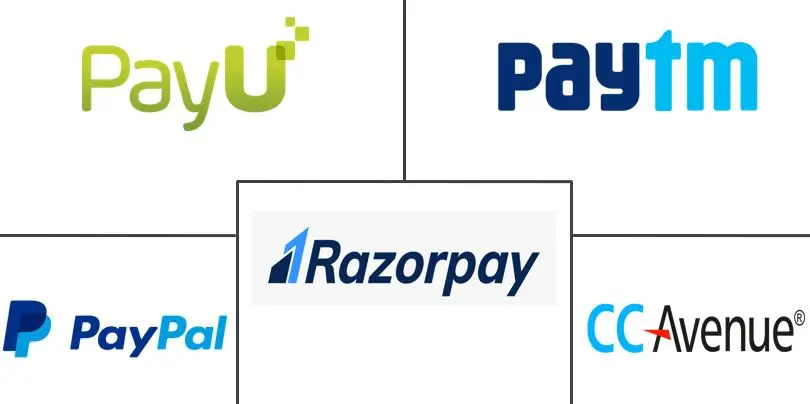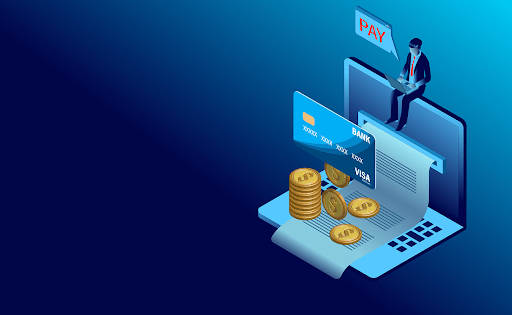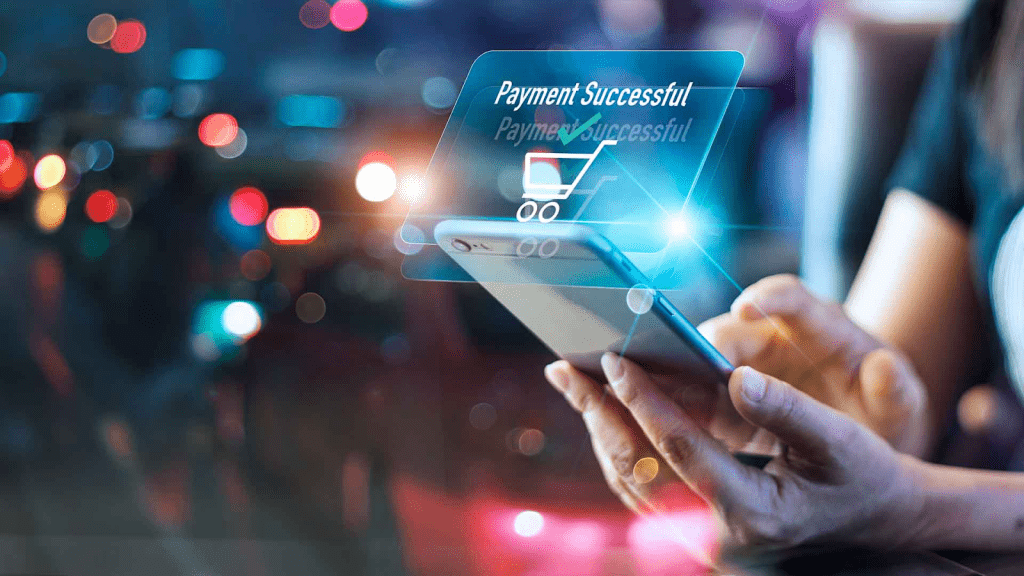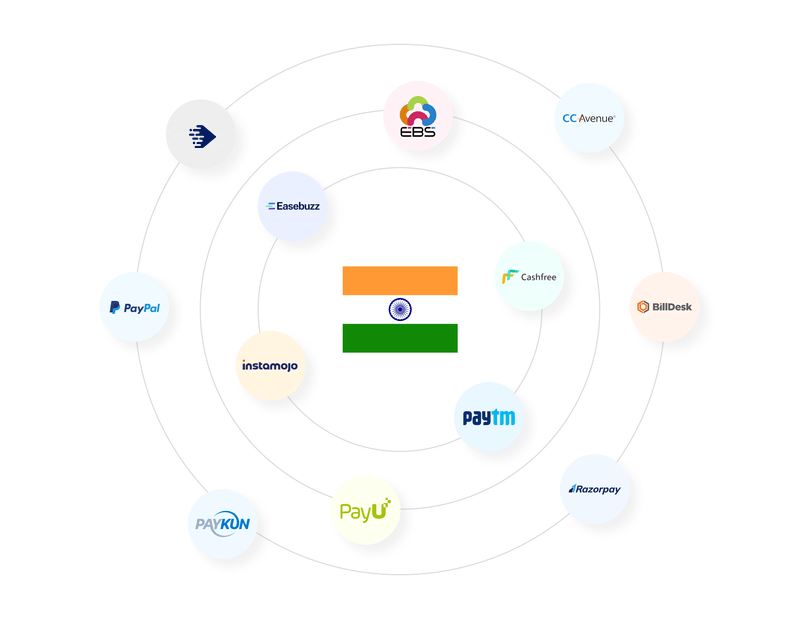AUTHOR : ISTELLA ISSO
DATE : 23/11/23
Introduction
In the rapidly evolving landscape of e-commerce[1] and online transactions, the role of a reliable payment processor[2] cannot be overstated. Businesses in India, regardless of size, are increasingly recognizing the need for seamless and secure payment solutions[3] to enhance customer satisfaction and streamline financial operations. This article delves into the intricacies of payment processors in India, exploring their importance, key features, popular options, challenges, and the future trajectory of this crucial aspect of digital commerce ppi
The Importance of a Reliable Payment Processor
Security
Security stands as the cornerstone of any payment processing system[4]. Businesses must prioritize processors that offer robust encryption and comply with industry-standard security protocols, safeguarding sensitive customer information from potential breaches.
Speed
In the fast-paced digital world, the speed of transaction processing is a decisive factor. A reliable payment processor[5] ensures swift and efficient transactions, preventing delays that could negatively impact user experience.
Accessibility
A payment processor should be accessible to a wide range of users, offering compatibility with various devices and operating systems. This inclusivity contributes to increased customer reach and satisfaction.
Essential Attributes to Seek in a Payment Processor User

Integration Options
An effective payment processor seamlessly integrates with popular e-commerce platforms, content management systems, and other business tools. This integration streamlines the payment process for both businesses and customers.
Multi-Currency Support
For businesses with a global presence, multi-currency support is indispensable. A versatile payment processor accommodates transactions in different currencies, facilitating international trade.
Fraud Prevention Measures
Robust fraud prevention features are essential to protect businesses and customers from online threats. Advanced security measures, such as two-factor authentication and real-time fraud detection, contribute to a secure payment environment.
Reporting and Analytics
Insightful reporting and analytics tools empower businesses to make data-driven decisions. A payment processor that provides comprehensive reports aids in understanding transaction trends, identifying opportunities for growth, and optimizing financial strategies.
Popular PP in India

India boasts a dynamic landscape of PP , each offering unique features to cater to diverse business needs. Let’s explore some prominent options.payment processor india
Razorpay
Known for its user-friendly interface and extensive integration options, Razorpay has gained popularity among businesses of all sizes. It provides a variety of payment options, encompassing credit cards, debit cards, and digital wallets.payment processor india
Paytm
A household name in India, Paytm offers a comprehensive payment ecosystem, including a digital wallet, UPI payments, and online transactions. Its widespread acceptance makes it a go-to choice for many businesses.payment processor india
Instamojo
Catering to small and medium-sized enterprises, Instamojo provides a simple and efficient platform for payment collection. Its user-friendly approach and minimalistic design appeal to startups and entrepreneurs.payment processor india
CCAvenue
A pioneer in the Indian payment processing industry, CCAvenue offers a wide range of payment options and robust security features. Its longevity in the market reflects its reliability and trustworthiness.
Comparing Fees and Charges
When choosing a payment processor, businesses must carefully evaluate the associated fees and charges. While some processors have transparent pricing models, others may have hidden costs that can significantly impact the overall cost of transactions.
Ease of Use and Customer Support
The user-friendliness of a payment processor is crucial for businesses aiming to provide a seamless experience to their customers. Additionally, responsive and efficient customer support ensures prompt resolution of issues and enhances overall satisfaction.
Challenges Faced by Businesses in India Regarding Payment Processing
Despite the advancements in payment processing technology, businesses in India encounter challenges unique to the market. Issues such as inconsistent internet connectivity, varying customer preferences, and regulatory complexities pose hurdles that need to be addressed for successful implementation.
Tips for Choosing the Right Payment Processor

Selecting the right payment processor requires careful consideration of various factors. Businesses should assess their specific needs, budget constraints, and long-term goals to choose a processor that aligns with their objectives.
Case Studies: Successful Implementation of Payment Processors
To illustrate the positive impact of an efficient payment processor, this section will present case studies of businesses that have successfully leveraged payment processing solutions to enhance their operations and customer satisfaction.
Future Trends in Payment Processing

As technology continues to evolve, the future of payment processing holds exciting possibilities. Innovations such as blockchain integration, contactless payments, and enhanced biometric security are poised to reshape the landscape, offering businesses new opportunities for growth.
Conclusion
In conclusion, the choice of a payment processor significantly influences the success of businesses in the digital era. By prioritizing security, speed, and accessibility, and carefully evaluating features, fees, and customer support, businesses can make informed decisions that positively impact their bottom line.
FAQs
How do I choose the right payment processor for my business?
Consider your specific needs, budget, and long-term goals. Look for security features, integration options, and transparent pricing.
Are there any hidden charges associated with payment processors?
Some processors may have hidden costs. It’s crucial to thoroughly review the pricing structure to avoid unexpected charges.
Can payment processors handle transactions in multiple currencies?
Yes, many payment processors offer multi-currency support, facilitating international transactions.
What challenges do businesses in India face with payment processing?
Challenges include inconsistent internet connectivity, varying customer preferences, and regulatory complexities
What are the future trends in payment processing?
Future trends include blockchain integration, contactless payments, and enhanced biometric security, offering exciting possibilities for businesses.





